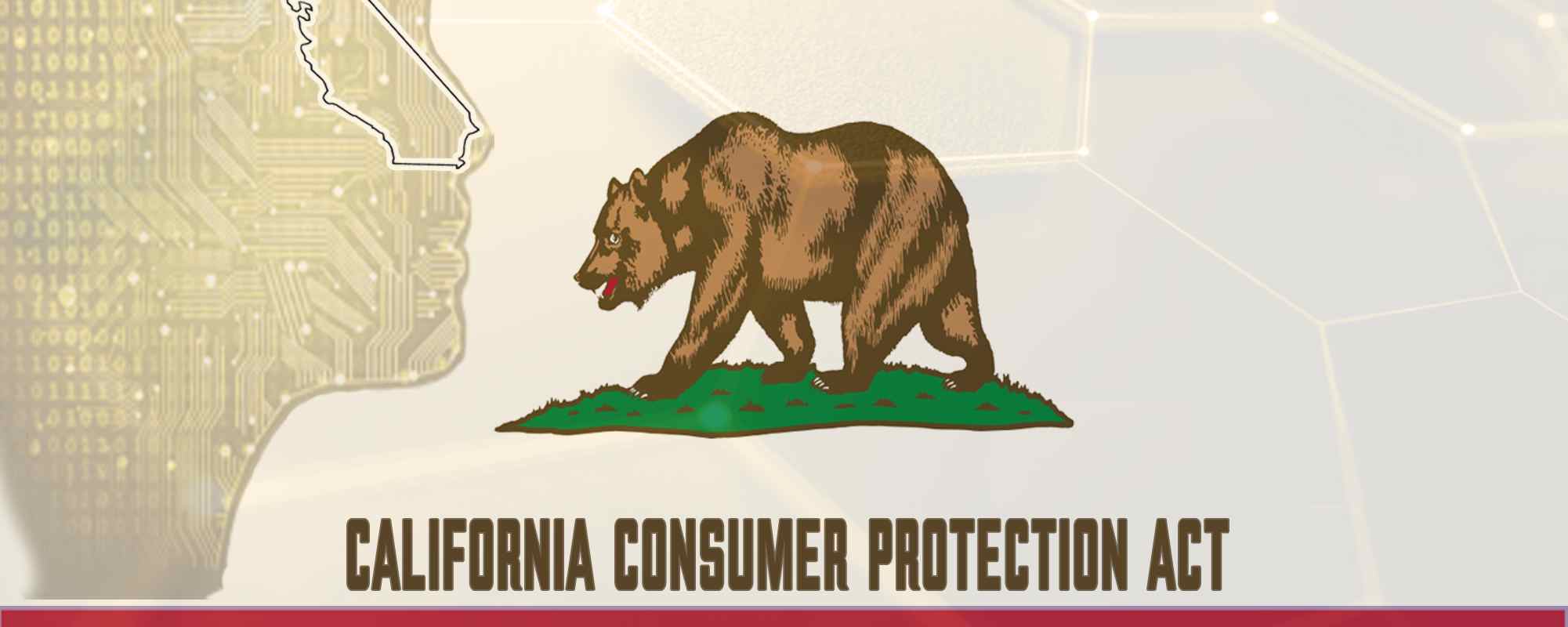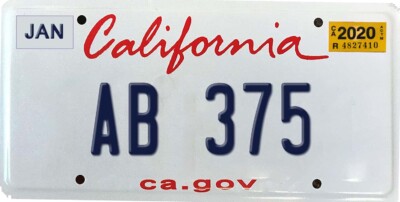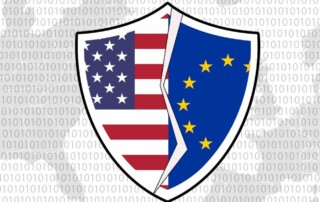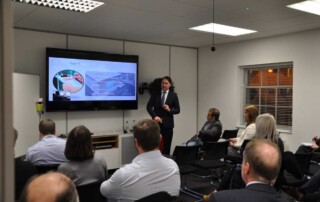Innovators in the Spotlight
Despite the pandemic, investment and innovation goes on as you can see if you read my previous article “Black Swan Day“. Innovation for CCPA compliance is made considerably easier for those companies who were already touting GDPR solutions in their RegTech portfolio. I took a swatch of 3 companies that are innovating in the data privacy space with different implementations of data analytics, machine learning and robotic process automation. I should point out, that I’m not here for product endorsement reasons and have merely researched various solutions that I found to be innovative.
Privitar is one such company which falls under the data analytics category. In early April 2020, they managed to secure a tidy $80 million in series C funding from Accel, Partech, IQ Capital, Salesforce Ventures and ABN AMRO Ventures. Needless to say they have been attracting a lot of household name clients like HSBC and Citi.
Privitar leverages the concept of data de-identification which separates PII such as SSN’s from a data set and stores it separately with only a unique identifier linking the two. Different technical techniques are cited on their page including Data Tokenization, Data Encryption, Data Generalization, Data Masking, Perturbation, Redaction and Substitution.
CEO Jason Du Preez described two of their products to TechCrunch back in 2017 which were Privitar Publisher, which “takes sensitive data and applies a privacy policy to create an anonymised copy which can safely be used for investigative analytics, machine learning, and sharing with trusted parties” by way of tokenization and encryption of identifying fields. The second product was Privitar Lens is a “privacy-preserving query interface for reporting and statistical analysis. Privitar Lens allows analysts to perform sophisticated analytical queries of the data (e.g. counts, sums, histograms), but prevents direct access to the underlying sensitive data,” which is also known as differential privacy. In short, the innovation here is the advanced big data analytics and algorithms at work to successfully de-identify and re-identify data which is really purpose built for CCPA and GDPR type regulations.
Another innovator in the field is Ascent RegTech and their RegulationAI solution which uses Machine Learning and Natural Language Processing to “ingest hundreds of regulations and rapidly determine which obligations apply to your business”. In other words, an automated way of creating an obligations register which identifies what an where in your organization falls under which regulation. It uses a “Change Regulation” engine to identify regulatory changes and provide customer with side by side (old vs new) rule changes.
Lastly Kofax and Lekab launched a joint venture to use RPA (or Robotic Process Automation) to automate many of the data privacy tasks such as fetch my data, A robotic routine to fetch all the data you have stored on them, and where that data is stored forget me, a routine to delete data held on customers on all internal systems check my compliance record, tells you who has access to the data in question, and show you what your status is in terms of data privacy compliance And create new customer data (customer onboarding for example) that is checked for compliance. These robotic routines could have significant time and cost saving potential, particularly for large organizations handling lots of personal data.
In Closing
CCPA, GDPR, New York Shield and other regulations are driving an age of automation in the RegTech space and it has to be said that the innovation is exciting in dealing with a less than exciting problem. CCPA will likely evolve over time, fines will increase and customers will want accountability as breaches continue to happen.
Regulated firms have more options than ever before for meeting the compliance burden with the advent of AI/ML but they also need human resources in place to identify the solutions, implement them and guide privacy programs through this complex space.
Read our related article 10 Steps to designing the right data protection program
Privacy Shield is Struck Down, What Now?
The EU-US Privacy Shield is ruled invalid, In this post we talk about the details of the ruling by the ECJ and what this means going forward.
Privacy Settings Control Center Form
Interactive Privacy Form Samples [...]
Twelve Steps to Protect Public Sector Organizations from the Latest Security Threats
In a recent report by the Guardian on the NHS data breach last May which saw hundreds of NHS systems in the UK infected by the Wannacry ransomware virus, it’s reported that a £100,000 ransom was paid to unlock systems and that more worryingly, the cost of the breach is still unknown but continues to rise. With the alarming increase in threats to privacy like ransomware and the potential for hefty GDPR non-compliance fines after May 2018, the risks to public sector operations has never been greater. In this 35 minute interactive session, Paul Rogers a cybersecurity expert takes a look at the latest privacy challenges in an easy to understand fashion that will help you formulate a robust plan ahead of the GDPR compliance deadline. We will look at specific threats to industrial control systems, legacy risk, recent case history, examples of good data privacy implementations and a high-level process road map to set direction for your compliance program.
Ten Steps to GDPR Readiness Presentation
In a recent survey conducted for Mazars on Irish Businesses on GDPR readiness, only 16% of businesses had actually mobilized a project to meet the upcoming deadline. While 82% of respondents agreed that meeting requirements would be challenging to extremely challenging. In this 35 minute session, Paul Rogers a compliance expert speaker and fintech business owner, will take a look at the challenges that Irish businesses face when it comes to GDPR and 10 practical steps that stakeholders can do to be ready for the May 2018 deadline. He will look at internal governance, consumer self service models, trans-border data transfers, privacy shield, NIS directives, policy readiness and more. He will also cover common compliance failures and data protection commissioner case history reports which will help you stay clear of trouble.






 So what’s in the CCPA. First of all there’s an official fact sheet from the California
So what’s in the CCPA. First of all there’s an official fact sheet from the California 









